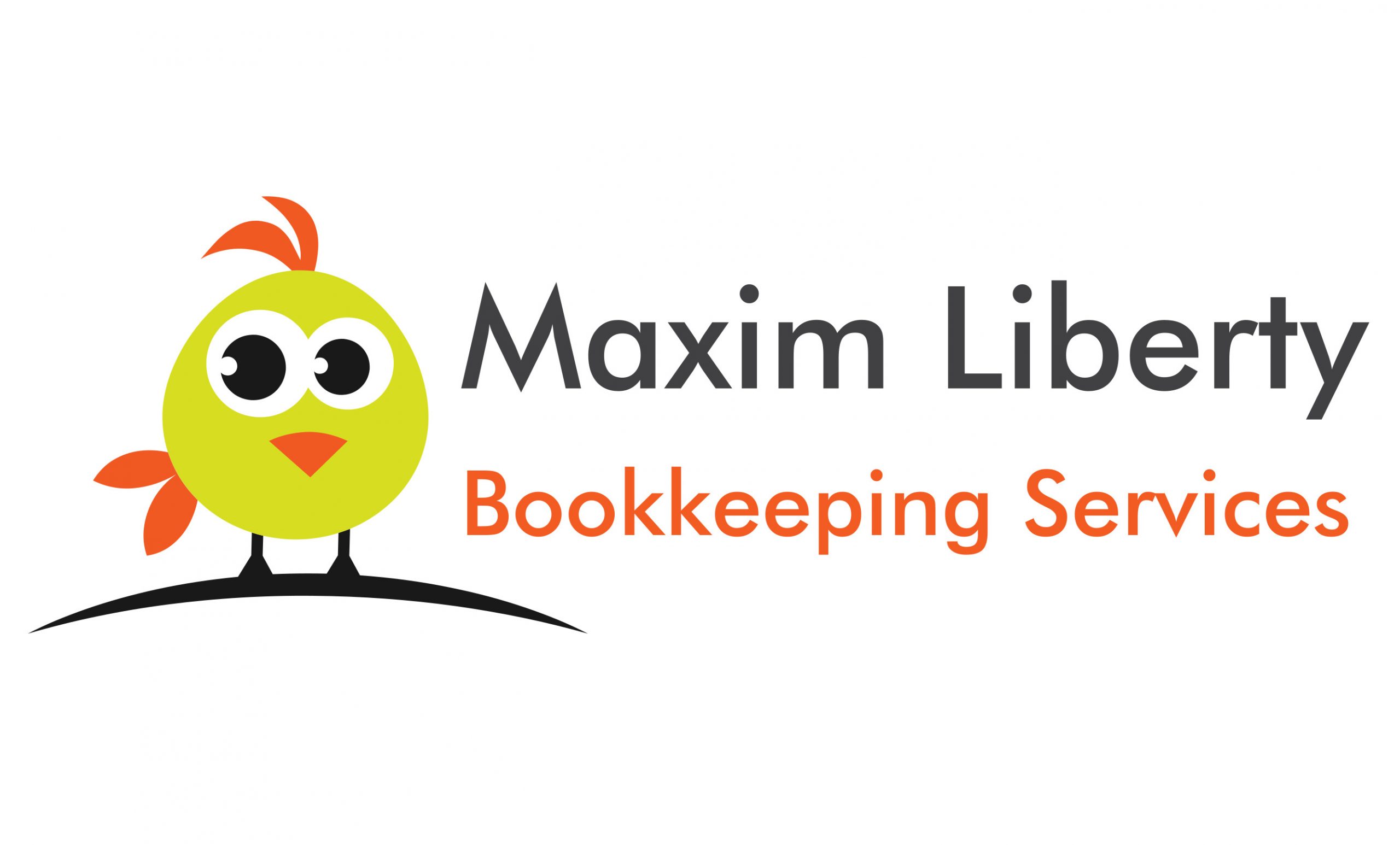Introduction
In today’s digital era, online bookkeeping services have emerged as a game-changer for businesses of all sizes. Leveraging technology and cloud-based software, these services offer a convenient and efficient way to manage financial records, reduce paperwork, and streamline financial processes. In this comprehensive guide, we will explore the world of online bookkeeping services, their benefits, and how they can revolutionize your business operations. Additionally, we will provide links to high domain authority (DA) sites that further expand on the discussed topics.
Table of Contents
What are Online Bookkeeping Services?
The Benefits of Online Bookkeeping Services
Key Features of Online Bookkeeping Services
Choosing the Right Online Bookkeeping Service Provider
How to Get Started with Online Bookkeeping Services
Enhancing Financial Security with Online Bookkeeping
Integrating Online Bookkeeping with Existing Systems
Exploring Industry-Leading Online Bookkeeping Software
Best Practices for Successful Online Bookkeeping
The Future of Online Bookkeeping Services
What are Online Bookkeeping Services?
Online bookkeeping services, also known as virtual bookkeeping services, are digital platforms that offer comprehensive financial management solutions to businesses. These services utilize cloud-based software and modern technology to handle various accounting tasks remotely. From managing accounts payable and receivable to generating financial reports, online bookkeeping services streamline financial processes, providing accurate and real-time insights into a company’s financial health.
The Benefits of Online Bookkeeping Services
Online bookkeeping services offer several advantages over traditional bookkeeping methods. Some notable benefits include:
- Time and Cost Efficiency: Online bookkeeping services automate manual tasks, reducing the time and effort required for financial management. This enables businesses to focus on core operations while saving costs associated with hiring an in-house bookkeeping team.
- Real-Time Financial Insights: Cloud-based bookkeeping platforms provide up-to-date financial data, allowing businesses to make informed decisions promptly. Real-time reporting and analytics enable better financial planning and help identify areas for improvement.
- Scalability and Flexibility: Online bookkeeping services cater to businesses of all sizes. Whether you’re a startup or an established enterprise, these services can be tailored to meet your specific requirements. As your business grows, the scalability of online bookkeeping services ensures seamless expansion without disruptions.
- Data Security and Backup: Reputable online bookkeeping service providers prioritize data security, employing robust encryption methods and backups to protect sensitive financial information. These platforms often have stringent security measures in place, mitigating the risk of data breaches.
Key Features of Online Bookkeeping Services
Online bookkeeping services offer a wide range of features to simplify financial management. These features may include:
- Automated Bookkeeping: Automatic data entry and transaction categorization streamline the bookkeeping process, reducing manual errors and minimizing the time spent on data entry tasks.
- Invoicing and Payments: Online bookkeeping platforms often integrate with invoicing and payment systems, enabling businesses to generate professional invoices, send them to clients, and receive payments seamlessly.
- Bank Reconciliation: By syncing with business bank accounts, online bookkeeping services can automatically reconcile transactions, ensuring accurate and error-free financial records.
- Financial Reporting: Detailed financial reports, including balance sheets, profit and loss statements, and cash flow statements, can be generated effortlessly using online bookkeeping services. These reports provide valuable insights into business performance.
Choosing the Right Online Bookkeeping Service Provider
Selecting the appropriate online bookkeeping service provider is crucial for a smooth and efficient financial management experience. Consider the following factors when making your decision:
- Specific Needs: Assess your business’s unique requirements and choose a service provider that offers the features and functionalities that align with your needs. Consider aspects such as invoicing, expense tracking, integration with other software, and customer support.
- Reputation and Reviews: Research the reputation and customer reviews of potential service providers. Look for testimonials or case studies that demonstrate their track record in delivering reliable and high-quality bookkeeping services.
- Security Measures: Data security should be a top priority when choosing an online bookkeeping service provider. Ensure that the platform implements robust security measures, such as encryption, secure data storage, and regular backups, to protect your sensitive financial information.
- Scalability and Pricing: Consider the scalability of the online bookkeeping service. As your business grows, you’ll need a platform that can accommodate your expanding needs. Evaluate the pricing structure to ensure it aligns with your budget and offers value for the features provided.
How to Get Started with Online Bookkeeping Services?
Getting started with online bookkeeping services is typically a straightforward process. Follow these steps to seamlessly integrate this digital solution into your business:
- Identify Goals and Requirements: Determine your financial goals and the specific bookkeeping tasks you want to streamline. This will help you select the appropriate service provider and set up your bookkeeping system accordingly.
- Data Migration: If you’re transitioning from traditional bookkeeping methods, you’ll need to migrate your existing financial data to the online platform. Ensure a smooth data transfer by following the instructions provided by the service provider or seeking assistance from their support team.
- Set Up Accounts and Integrations: Create your accounts and configure the necessary integrations with your bank accounts, payment systems, and other software applications. This integration allows for seamless synchronization of financial data.
- Familiarize Yourself with the Interface: Take the time to explore the online bookkeeping platform’s interface and features. Most service providers offer tutorials, demos, or support documentation to help you get acquainted with their system.
- Customize and Optimize: Tailor your bookkeeping settings, templates, and workflows according to your business’s specific needs. This customization ensures a personalized and efficient experience while utilizing the online bookkeeping service.
Enhancing Financial Security with Online Bookkeeping
One of the common concerns when adopting online bookkeeping services is data security. However, reputable service providers employ advanced security measures to ensure the confidentiality and integrity of your financial information. Here are some security practices to consider:
- Encryption: Look for platforms that utilize industry-standard encryption protocols to protect your data during transmission and storage. This ensures that sensitive information remains secure and inaccessible to unauthorized individuals.
- User Access Controls: Implement user access controls and permissions to limit the accessibility of financial data to authorized personnel only. This helps prevent unauthorized modifications or unauthorized access to sensitive information.
- Regular Data Backups: Ensure that the online bookkeeping service provider performs regular backups of your data. In the event of data loss or system failure, backups serve as a failsafe to restore your information, maintaining the continuity of your financial records.
- Two-Factor Authentication (2FA): Enable two-factor authentication for added security. This extra layer of protection requires users to provide a second verification method, such as a unique code sent to their mobile device, in
- addition to their password, further safeguarding your online bookkeeping account.
- System Updates and Maintenance: Regularly update your online bookkeeping software to ensure you have the latest security patches and enhancements. Additionally, verify that your service provider performs routine maintenance and updates to protect against vulnerabilities.
Integrating Online Bookkeeping with Existing Systems
To maximize the benefits of online bookkeeping services, it’s essential to integrate them seamlessly with your existing systems and processes. Consider the following integration possibilities:
- Banking Integration: Connect your online bookkeeping platform with your business bank accounts to automate transaction imports and reconciliation. This integration saves time and reduces the chances of manual errors.
- Invoicing and Payment Integration: Integrate your online bookkeeping service with invoicing and payment platforms to streamline the entire financial workflow. This allows for seamless generation, tracking, and reconciliation of invoices and payments.
- CRM and ERP Integration: If you utilize customer relationship management (CRM) or enterprise resource planning (ERP) software, explore integration options to ensure a seamless flow of financial data between systems. This integration enhances data accuracy and reduces duplication of efforts.
- Tax and Compliance Integration: Look for online bookkeeping services that integrate with tax preparation software or compliance tools. This simplifies tax filing and ensures compliance with financial regulations, saving you time and effort during tax season.
For a comprehensive guide on integrating online bookkeeping with existing systems, visit this link: [Link to high DA site discussing integrating bookkeeping with existing systems]
Exploring Industry-Leading Online Bookkeeping Software
There are several reputable online bookkeeping software providers in the market. Let’s take a closer look at some industry-leading options:
- QuickBooks Online: QuickBooks Online is a popular choice, offering a comprehensive suite of bookkeeping tools suitable for businesses of all sizes. It provides features such as invoicing, expense tracking, bank reconciliation, and robust reporting capabilities.
- Xero: Xero is another well-regarded online bookkeeping service known for its user-friendly interface and powerful features. It offers a wide range of functionalities, including bank connections, invoicing, inventory tracking, and payroll management.
- FreshBooks: FreshBooks is a cloud-based accounting software designed for small businesses and freelancers. It simplifies tasks such as invoicing, expense tracking, time tracking, and project management.
- Wave: Wave is a free online bookkeeping service geared towards small businesses and self-employed professionals. It provides features such as invoicing, expense tracking, receipt scanning, and basic financial reporting.
Best Practices for Successful Online Bookkeeping
To make the most of your online bookkeeping services, consider implementing the following best practices:
- Regularly reconcile your bank accounts to ensure accuracy and identify any discrepancies.
- Categorize transactions correctly to generate accurate financial reports and facilitate tax preparation.
- Keep an organized filing system for digital documents, such as receipts and invoices, to simplify record-keeping and audits.
- Monitor cash flow regularly to maintain a healthy financial position and identify potential issues in advance.
- Set up automatic reminders for invoicing and payment due dates to ensure timely and consistent cash flow.
- Conduct periodic reviews of financial reports to identify trends, patterns, and areas for improvement.
- Stay informed about tax regulations and compliance requirements to avoid penalties or legal issues.
The Future of Online Bookkeeping Services
As technology continues to advance, the future of online bookkeeping services holds exciting possibilities. Here are some trends to watch for:
- Artificial Intelligence (AI) and Machine Learning: AI-powered algorithms and machine learning capabilities can automate complex bookkeeping tasks, such as data categorization, anomaly detection, and trend analysis. This technology will enhance the accuracy and efficiency of online bookkeeping services.
- Mobile Accessibility: Mobile apps for online bookkeeping services are becoming increasingly prevalent. With mobile accessibility, business owners can manage their finances on the go, track expenses, send invoices, and access real-time financial data from their smartphones or tablets.
- Advanced Reporting and Analytics: Online bookkeeping platforms will continue to enhance their reporting and analytics capabilities. Businesses will have access to more sophisticated financial insights, customizable dashboards, and predictive analytics, enabling better decision-making and financial planning.
- Integration with E-commerce Platforms: As e-commerce continues to thrive, integration between online bookkeeping services and e-commerce platforms will become more seamless. This integration will streamline the tracking of online sales, inventory management, and order fulfillment, providing a comprehensive financial overview.
- Blockchain Technology: Blockchain has the potential to revolutionize bookkeeping by providing secure, transparent, and immutable transaction records. Blockchain-based online bookkeeping services may enhance data security, simplify audits, and enable seamless cross-border transactions.
Conclusion
Online bookkeeping services offer numerous benefits, from time and cost savings to real-time financial insights and enhanced security. By choosing the right service provider, integrating with existing systems, and following best practices, businesses can streamline their financial management processes and drive growth. Embrace the digital transformation of bookkeeping and leverage the power of online services to unlock greater efficiency and accuracy in your financial operations.

